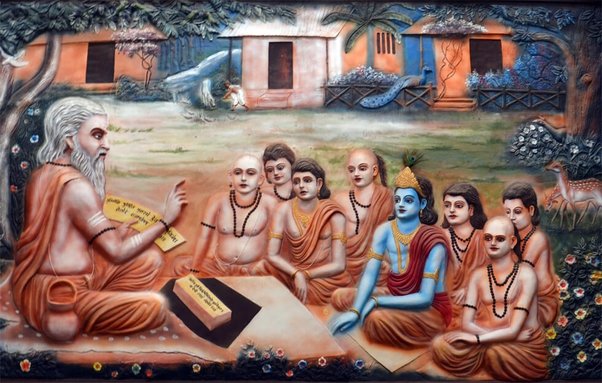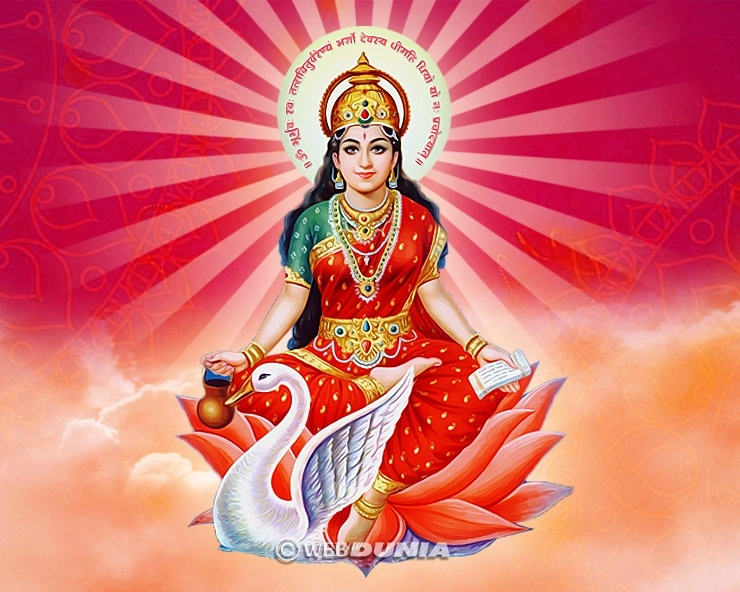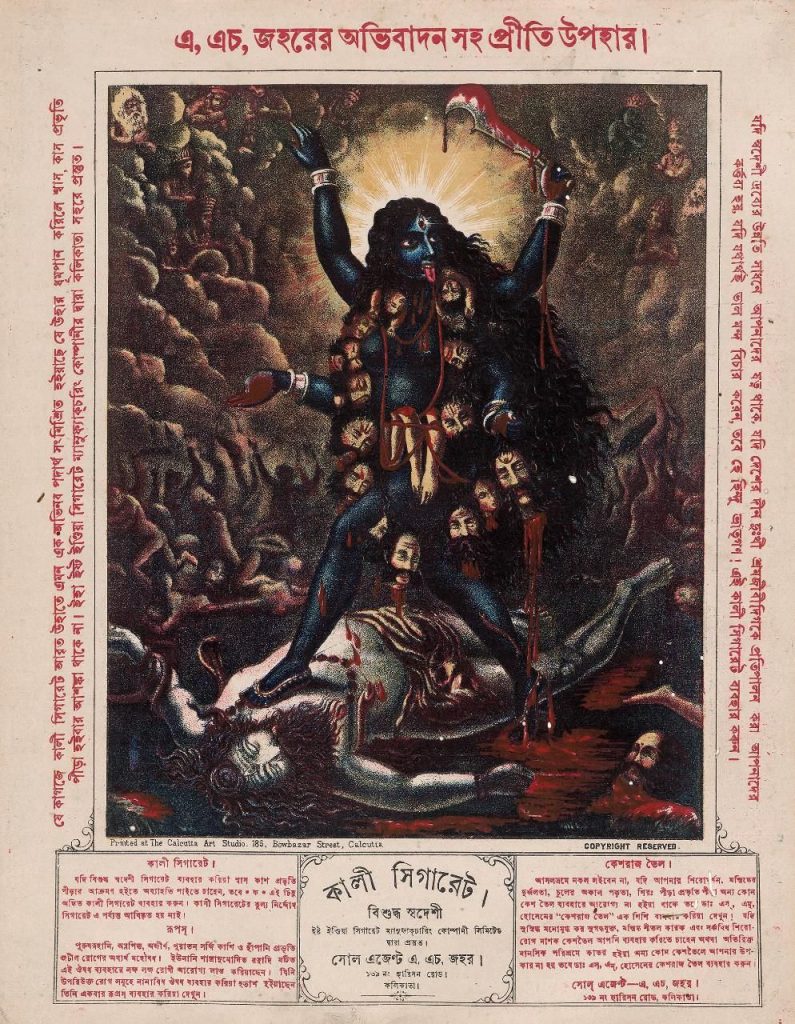Samsara is the cycle of birth and death that is central to Hindu and Buddhist beliefs. It is the continuous process of birth, death, and rebirth that all living beings go through, based on their karma. According to Hindu and Buddhist teachings, the ultimate goal of life is to break free from the cycle of samsara and attain enlightenment or liberation.
In the cycle of samsara, the soul or consciousness of a being continues to take on new bodies and experience the consequences of its actions from previous lives. The type of body and the experiences that the being has in each new life are determined by its karma, which is the sum of its actions and intentions from previous lives.
Breaking free from the cycle of samsara requires the attainment of moksha or nirvana, which is the state of ultimate liberation or enlightenment. This can be achieved through various spiritual practices such as meditation, self-realization, and devotion to a higher power.
The concept of samsara emphasizes the importance of leading a moral and virtuous life in order to accumulate positive karma and ultimately attain liberation from the cycle of birth and death.



